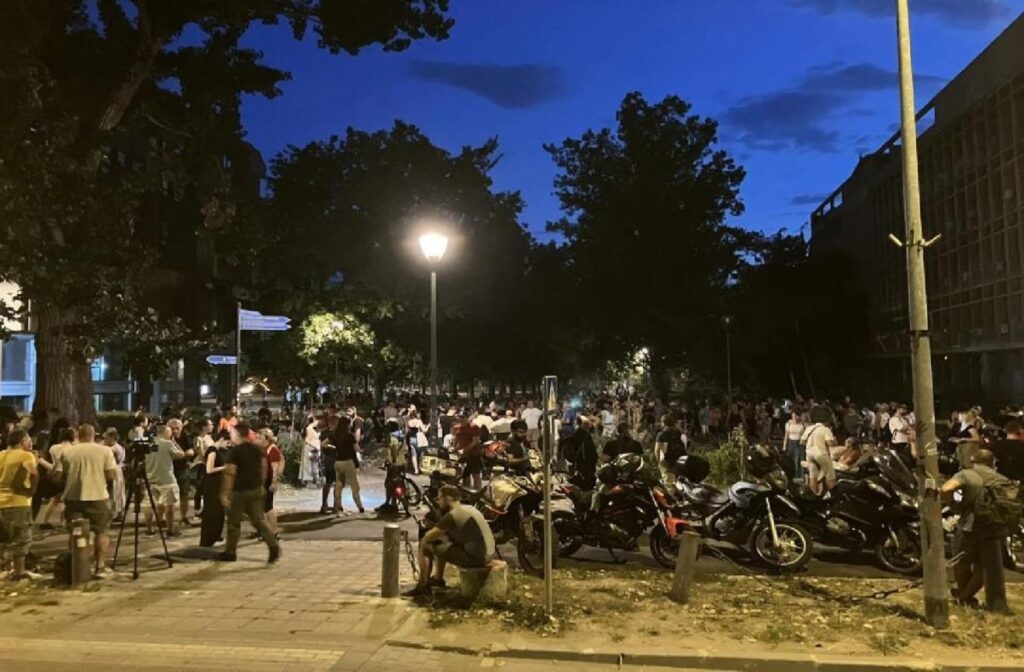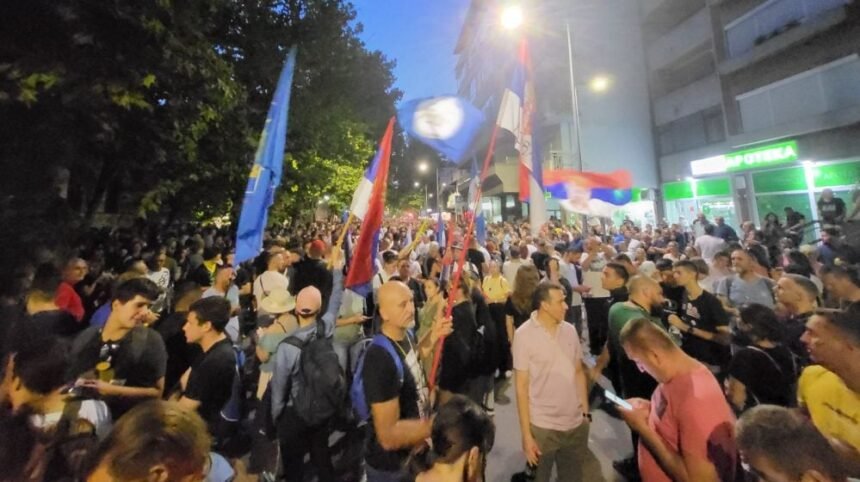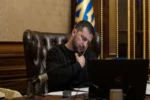Protests under the slogan “Serbia Cannot Be Calmed” have entered their fourth consecutive day, marking a significant escalation in a nationwide movement that has been ongoing for months. Clashes between demonstrators, riot police, and pro-government groups have been reported in multiple cities, with accusations of police brutality and organized violence from both sides.
Clashes and Damaged Property
The most intense confrontations took place in Novi Beograd, where police used tear gas and stun grenades to disperse crowds. In Valjevo, a group of masked demonstrators threw pyrotechnics at the local headquarters of the Serbian Progressive Party (SNS), causing a fire. Similar acts of vandalism were reported in Novi Sad, where protesters broke windows and set fire to a party flag.
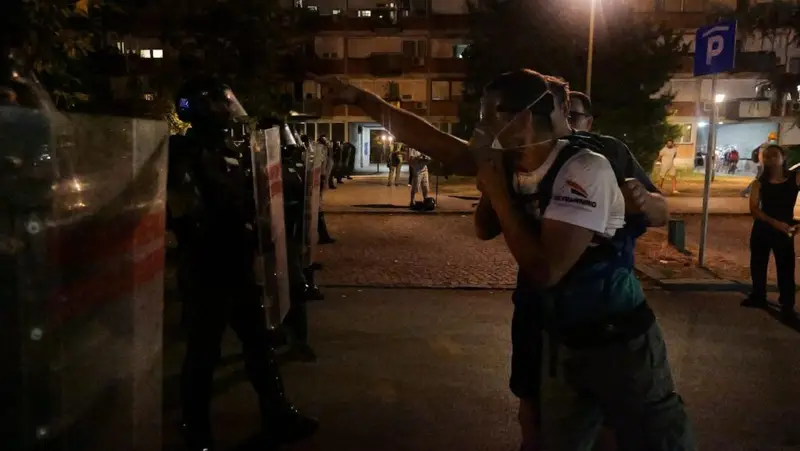
While the government has blamed protesters for the violence, demonstrators and opposition figures have accused police of using excessive force and protecting pro-government “thugs.” According to protesters, these individuals have been inciting violence and clashing with peaceful crowds.
Broadening Demands and Political Tensions
The protests, which initially began after a deadly railway station roof collapse in Novi Sad, have evolved to address wider public grievances. In addition to demanding accountability for the tragedy, protesters are now calling for a transparent justice system, freedom of the press, and accountability for police brutality.
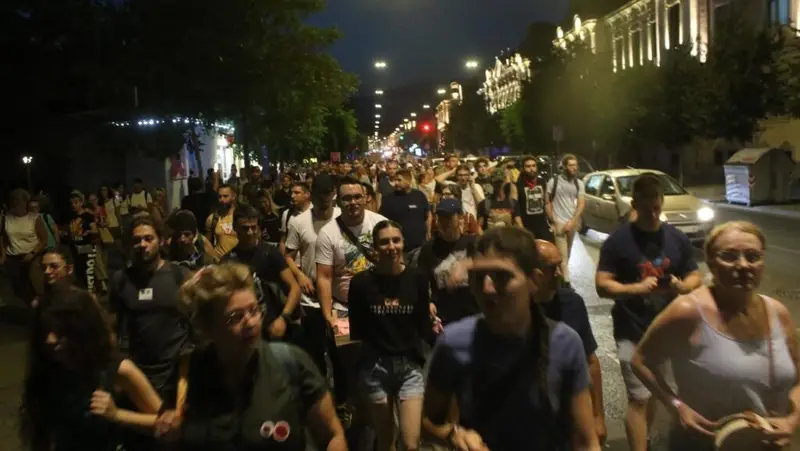
Protests have been reported in smaller towns across Serbia, demonstrating the widespread nature of the movement. During a large rally in Knić, speakers representing students, activists, and other citizens called for solidarity and an end to what they described as a corrupt and autocratic system.
The government, led by President Aleksandar Vučić, has denied accusations of wrongdoing and claimed the protests are a foreign-orchestrated attempt to destabilize the country. President Vučić has praised the police’s conduct, while the Ministry of the Interior has reported numerous police injuries during the clashes. The unrest highlights the deep political divide in Serbia as the government faces sustained pressure from a mobilized civil society.
